- Have any questions?
- +86-189 8930 5995
- sales@mosinterchem.com.cn
Everolimus CAS 159351-69-6

Mitoxantrone CAS 65271-80-9
19/12/2018
Irinotecan hydrochloride CAS 100286-90-6
19/12/2018| Model: | MOS 159351-69-6 |
| Place of Origin: | Sichuan,China (Mainland) |
| Brand: | MOSINTER |
| Formula: | C53H83NO14 |
| Boiling point: | 998.7°C at 760 mmHg |
| Mol. mass: | 958.224 g/mol |
| Density: | 1.18g/cm3 |
| Flash(ing) point: | 557.8°C |
| Vapour pressure: | 0mmHg at 25°C |
Everolimus(CAS: 159351-69-6)
| Item | Index |
| Molecular Formula | C53H83NO14 |
| Molecular Weight | 958.232 |
| Specification | CP/USP/EP |
| Content | 98% |
Everolimus (RAD-001) is the 40-O-(2-hydroxyethyl) derivative of sirolimus and works similarly
to sirolimus as an inhibitor of mammalian target of rapamycin (mTOR).
It is currently used as an immunosuppressant to prevent rejection of organ transplants and treatment
of renal cell cancer and other tumours. Much research has also been conducted on everolimus and
other mTOR inhibitors for use in a number of cancers.
It is marketed by Novartis under the tradenames Zortress (USA) and Certican (Europe and other
countries) in transplantation medicine, and Afinitorin oncology. Everolimus also available with
Biocon with the brand name of Evertor.
Clinical trials
As of October 2010, Phase III trials are under way in gastric cancer, hepatocellular carcinoma and lymphoma.
The use of everolimus in refractorychronic graft-versus-host disease has been reported in 2012.
Interim phase III trial results in 2011 showed that adding Afinitor (everolimus) to exemestane therapy against
advanced breast cancer can significantly improve progression-free survival compared with exemestane
therapy alone. However, everolimus increases mortality in cancer patients.
Furthermore, there is a study that shows that there is a different sensitivity to Everolimus between patients
depending on their genome. Through a Phase II Clinical Trial done in patients that presented advanced
metastasic bladder carcinoma (NCT00805129) they found just one person that positively responded to
Everolimus treatment for 26 months. Thus, they decided to sequence the genome of this patient and to
compare it to different reference genomes and to other patients’ genomes. This way, they discovered that
mutations in TSC1 lead to an increase in recurrence and to an increase in the response time to Everolimus.
Thus, it has been determined that Everolimus is more efficient in those patients that present somatic mutations in TSC1.
Mechanism
In a similar fashion to other mTOR inhibitors its effect is solely on the mTORC1 protein complex and not on the
mTORC2 complex. This can lead to a hyper-activation of the kinase AKT via inhibition on the mTORC1 negative
feedback loop while not inhibiting the mTORC2 positive feedback to AKT. This AKT elevation can lead to longer
survival in some cell types. Hence, Everolimus plays an important role in cell growth, cell proliferation and cell
survival. mTORC1 action is modulated by several mitogens, growth factors and nutrients.
TSC1 and TSC2 (which are the genes involved in tuberous sclerosis disease) act as tumor suppressor genes by
regulating mTORC1 activity. Thus, either the loss or inactivation of one of these genes lead to the activation of mTORC1.
Everolimus binds to its protein receptor FKBP12, which directly interacts with mTORC1 inhibiting its downstream
signaling. As a consequence, mRNAs that codify proteins implicated in the cell cycle and in the glycolisis process are
impared or altered, so tumor growth is inhibited. Hence, Everolimus inhibits tumor cells’ growth and proliferation.
Use in vascular stents
Everolimus is used in drug-eluting coronary stents as an immunosuppressant to prevent restenosis. Abbott Vascular
produces an everolimus-eluting stent called the Xience V. It utilizes the Multi-Link Vision cobalt chromium stent
platform and Novartis’ everolimus. The product is also currently in use in the United States and as an investigational
device in Japan. A similar version called the PROMUS Everolimus-Eluting Coronary Stent System is produced by
Boston Scientific and it is currently available in the United States and most major European and Asia-Pacific markets.
You must be logged in to post a review.
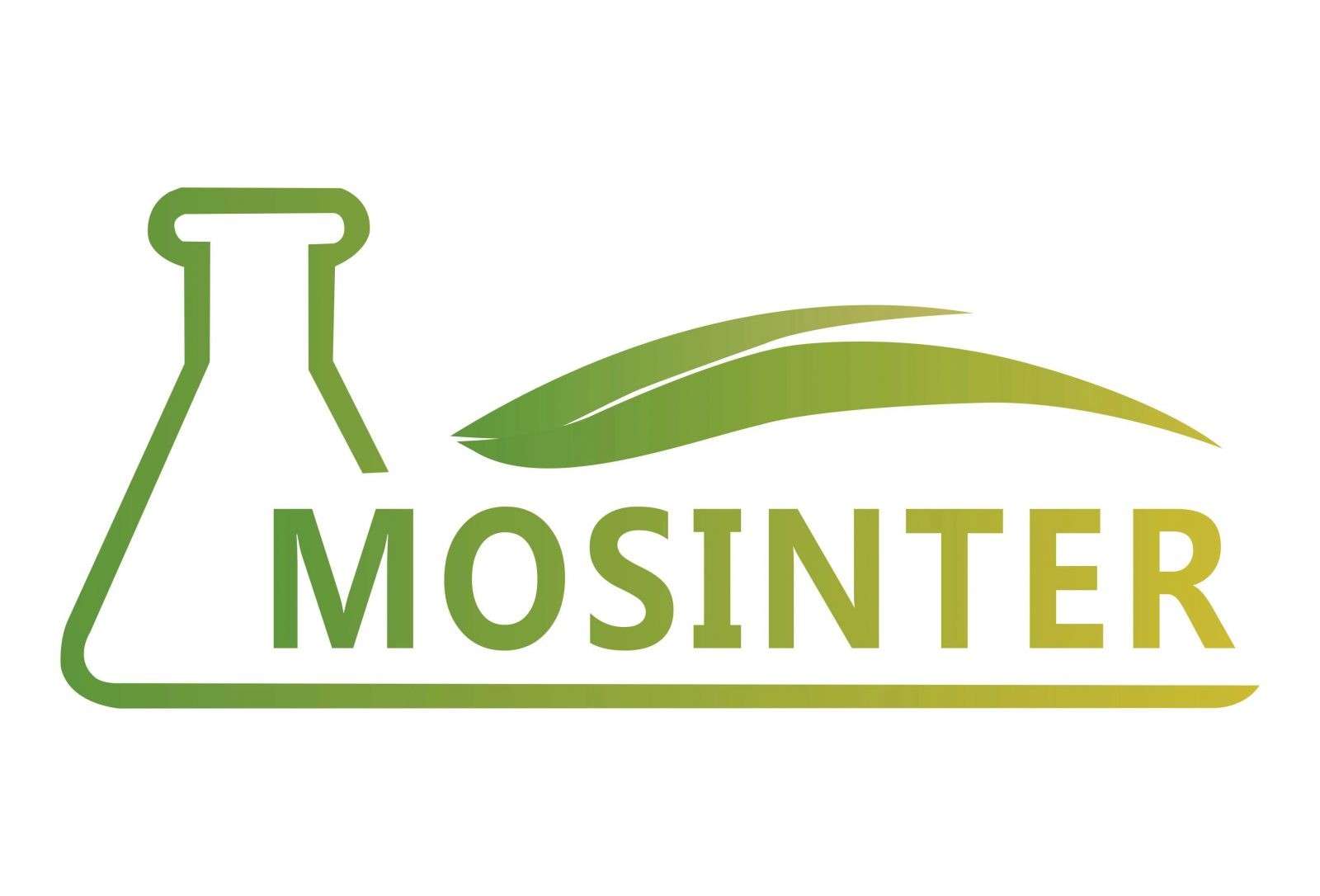
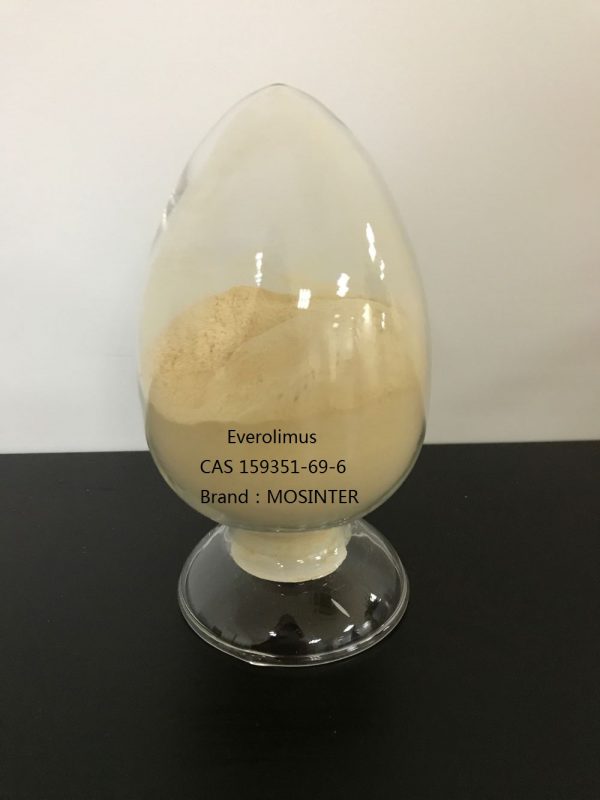
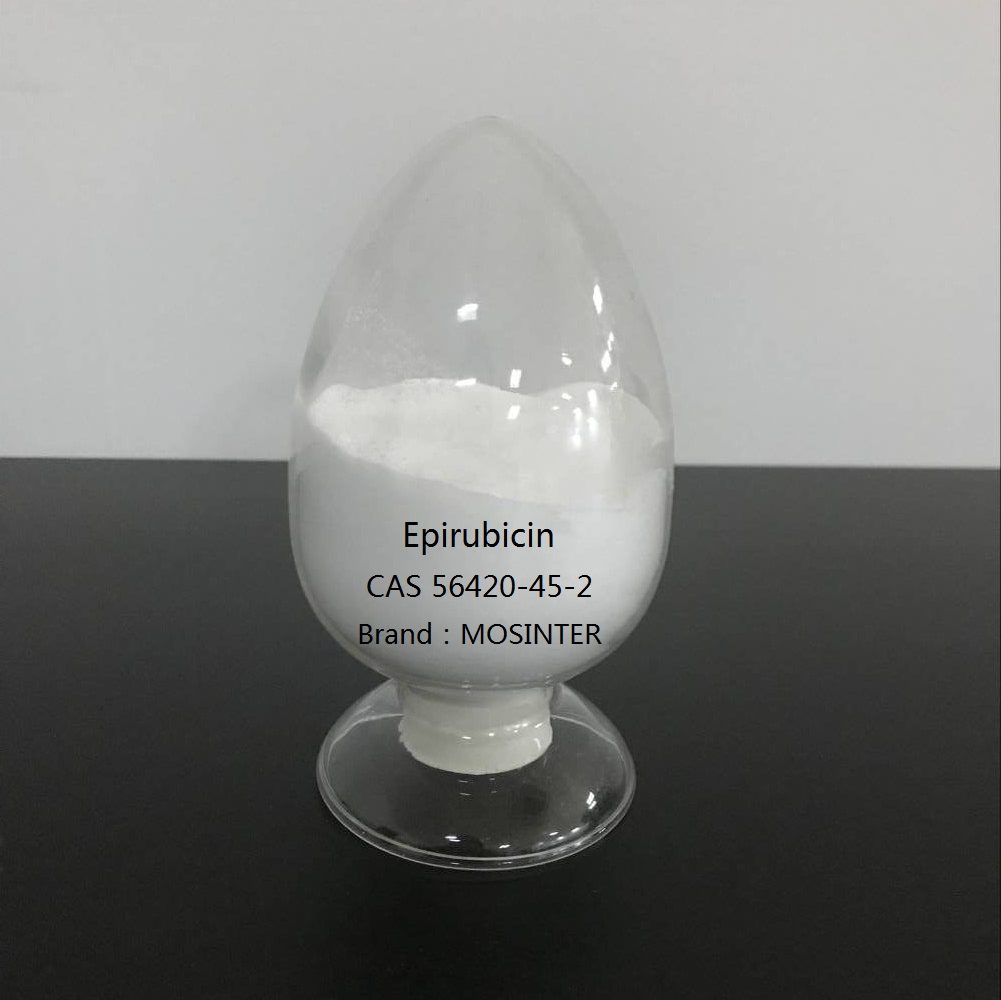
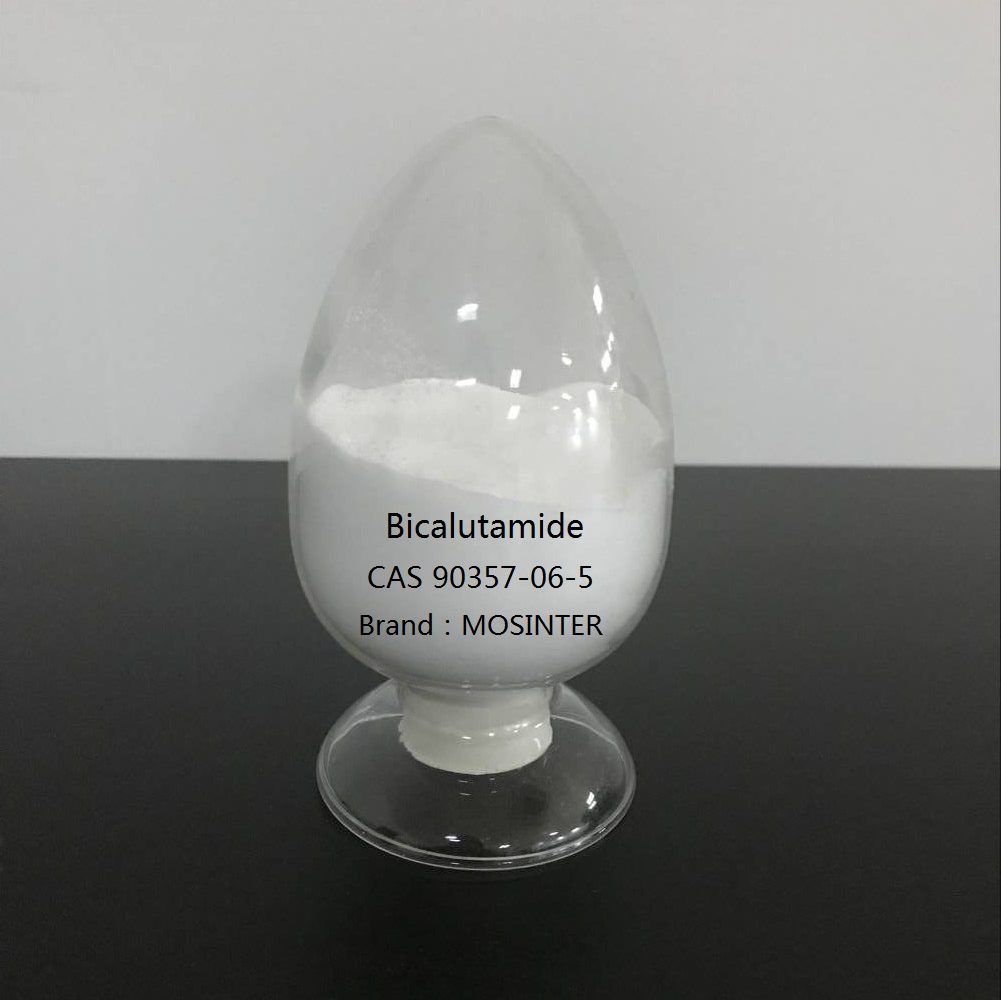
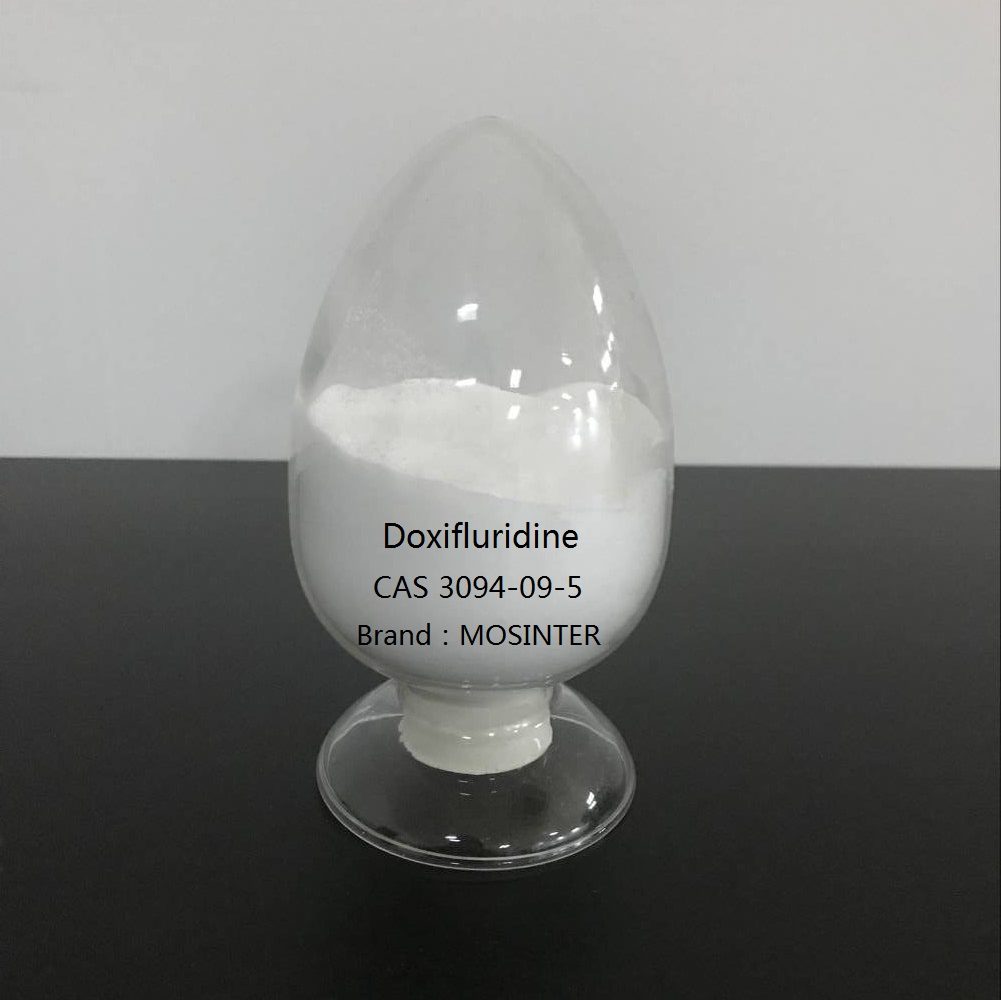
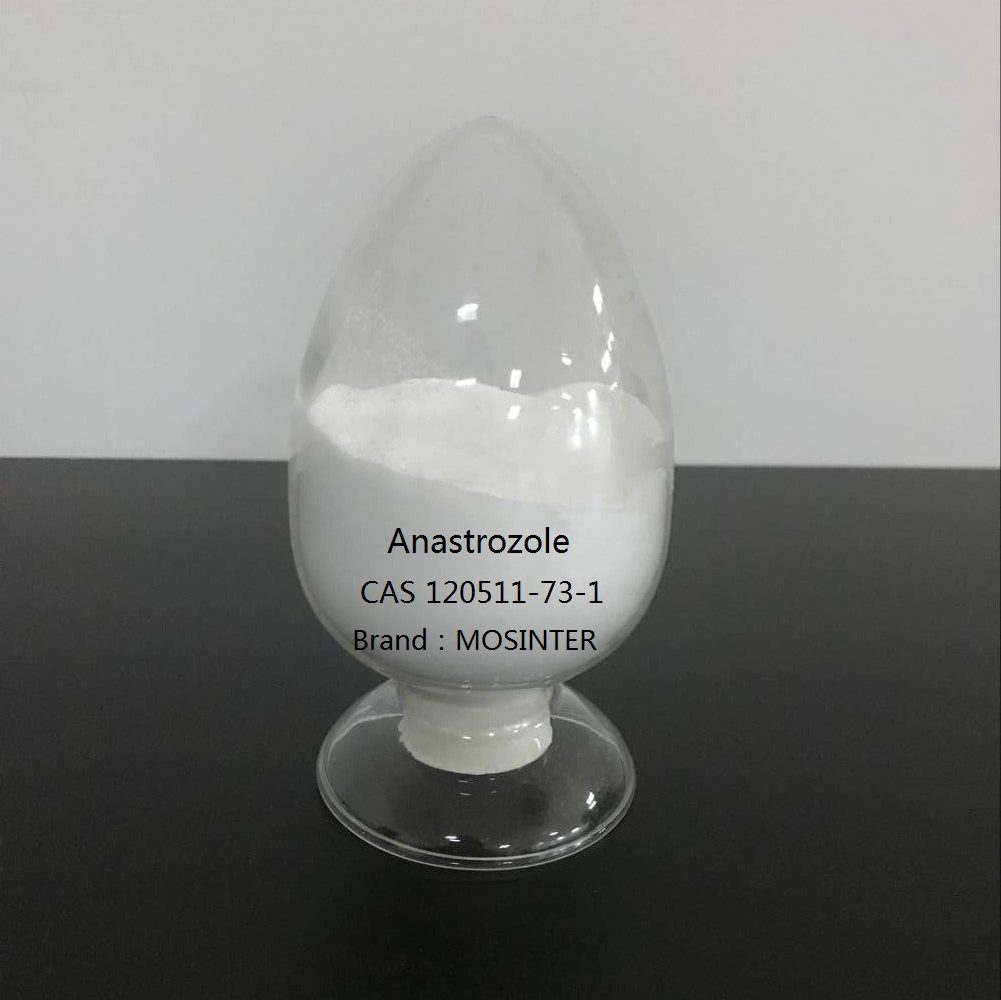
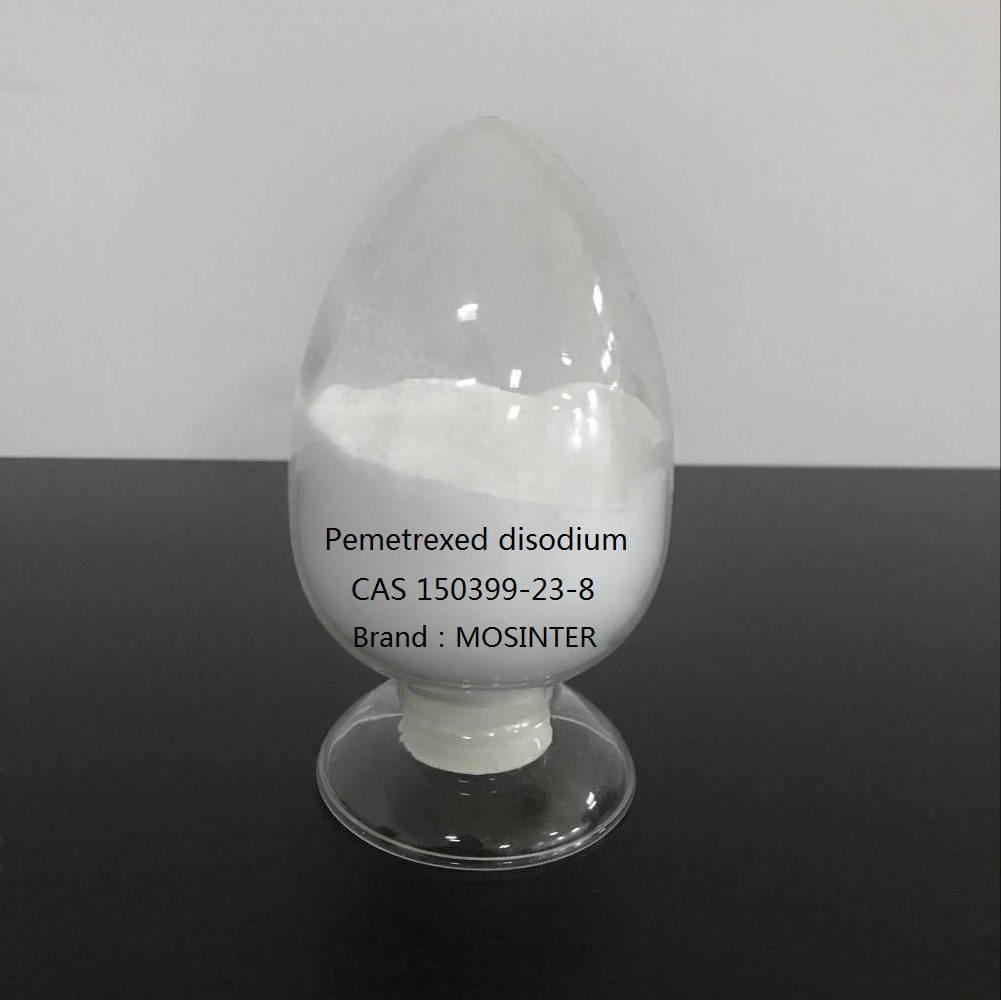
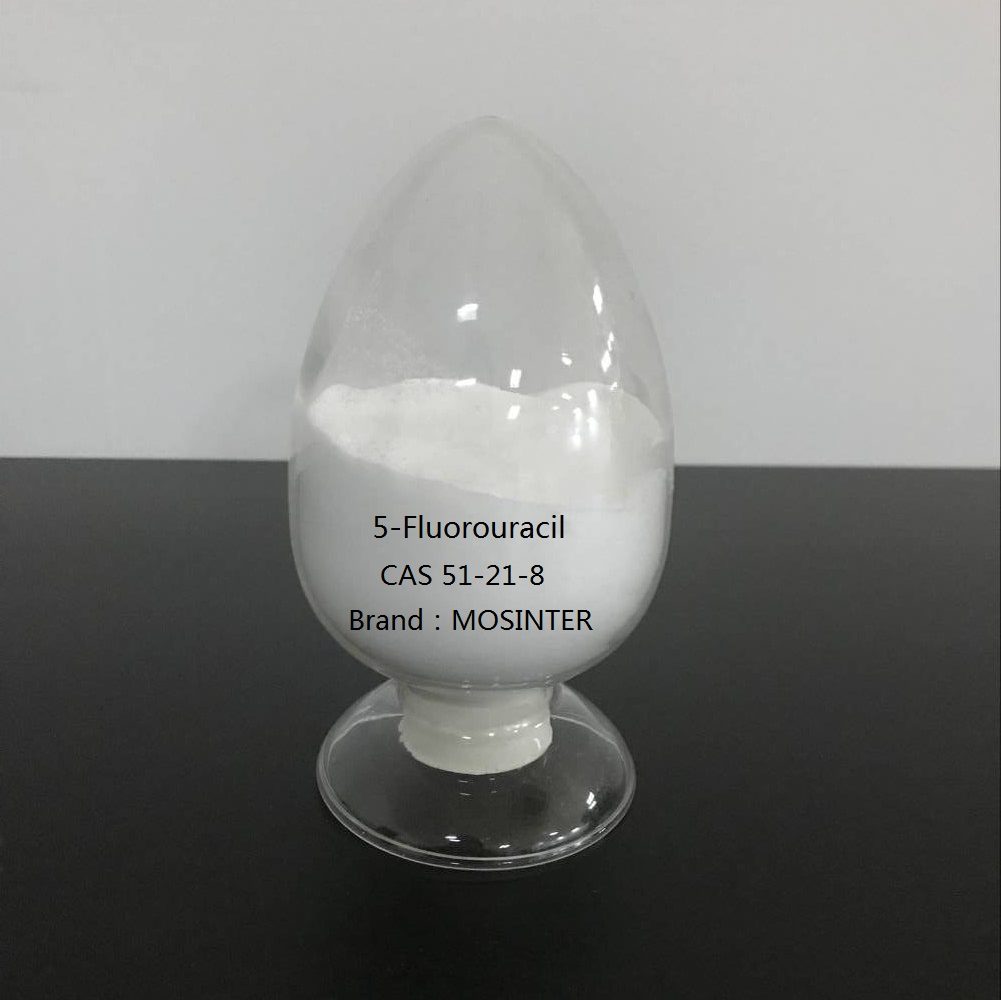
Reviews
There are no reviews yet.